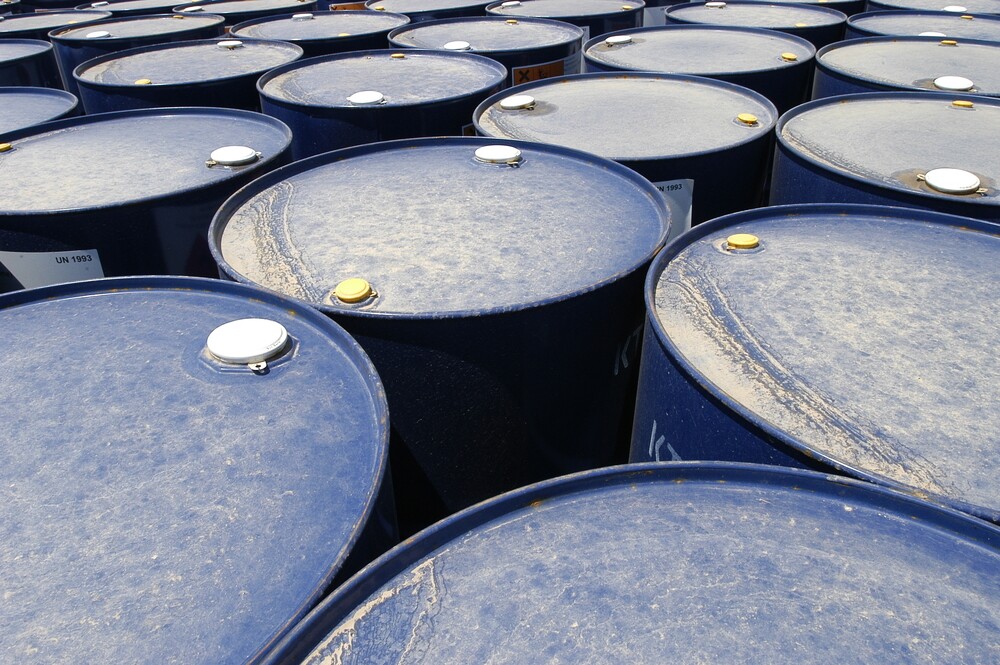A key near-term priority for Syria’s new transitional government is set to be sourcing crude oil and products to replace the Iranian barrels it used to receive.
In the near term, Syria’s most likely sources of supply are trucked volumes across the Turkish and Lebanese borders.
“There is probably some small-scale trucking smuggling going on via Lebanon. This has been going on for a while,” says one trader.
The Bab al-Hawa border crossing between Turkey and Syria is also thought to be a longstanding route, he said.
That border crossing connects Turkey to Idlib province in Syria’s rebel-controlled northwest, where Ankara backs the so-called Syrian National Army — and where rebel group Hayat Tahrir al-Sham (HTS) was also based.
Samir Seifan of the Istanbul-based Harmoon Center tells Energy Intelligence that trucked oil products from Turkey are now making their way to supply power plants north of Aleppo via the crossing. “One of the key questions is to ensure stability and to keep the lights on,” he says.
More substantial purchases from international traders are effectively out of the question until there is a sanctions all-clear. HTS, a former Al-Qaeda affiliate, and its leader, Abu Mohammed al-Jolani, are blacklisted by the UN, US, EU and others.
“As far as I am aware, [the rebels] don’t have any relations with any international bank,” the trader said.
The new administration is likely aware of the challenge, with interim Prime Minister Mohamed al-Bashir reportedly a former gas executive.
Meanwhile, Syria’s own refineries are desperately in need of investment and repair. The 100,000 barrel per day Homs refinery is down, the trader says. The 120,000 b/d Baniyas refinery is said to be working, but with light products output of only around 30% or so of capacity.
Supply constraints are also a factor, particularly absent Iranian volumes. As Syrian President Bashar al-Assad’s government fell, an Iranian tanker heading to Syria to deliver around 750,000 bbl of Iranian crude made a U-turn back to Iran, TankerTrackers.com said in a post on social media site X. According to ship-tracking firm Kpler, Iran exported an average of average 56,000 b/d to Syria in 2024.
And of some 80,000 b/d of domestic production, only some 14,000-15,000 b/d is produced in areas that were controlled by Damascus, with the bulk, around 66,000 b/d, produced in the Kurdish-controlled northeast.
Turkish, Qatari Roles
Looking ahead, the new Syrian transitional administration is likely to be heavily reliant on state actors like Turkey and Qatar.
Turkish Energy and Natural Resources Minister Alparslan Bayraktar, citing Syria’s essential electricity and infrastructure needs, said early this week that Turkey had already begun preparations to support Syria.
“There hasn’t been an official request from Syria, but public discourse around this issue seems to be forming. While no formal steps have been taken, we are ready,” Bayraktar said, according to Turkey’s Daily Sabah.
Doha is currently sending food, medical supplies and shelter materials “as part of an air bridge” from the Qatar Fund for Development into Gaziantep, Turkey, before flowing them over the border to the new government, state Qatar News Agency has reported.
It could also be in HTS’ interest to establish working relations with Russia, which backed the Al-Assad government and still holds military bases in the country — but could also potentially become a source of fuel supplies to the nascent transitional government.
International Approach
Regional and international players so far seem willing to engage with the interim government, which met this week with representatives from Iraq, Bahrain, Oman, Egypt, the United Arab Emirates, Jordan and Saudi Arabia. Syria’s new acting finance minister told the Financial Times on Thursday that the country’s border crossing with Jordan was set to reopen on Sunday.
The G7 on Thursday issued a statement lending its “full support for an inclusive Syrian-led and Syrian-owned political transition process” that leads to “credible, inclusive, and non-sectarian governance that ensures respect for the rule of law, universal human rights.”
It also called on “all parties to preserve Syria’s territorial integrity and national unity, and respect its independence and sovereignty” and reiterated its support for the UN Disengagement Observer Force monitoring the Golan Heights between Israel and Syria.
This week has seen Israel move to occupy the demilitarized buffer zone in the Syrian-controlled Golan Heights and carry out a massive wave of over 400 attacks that have decimated Syria’s military assets and infrastructure — including naval vessels. The onslaught prompted the Turkish foreign ministry to warn that “Israel is once again displaying its occupying mentality.”
Critical to watch are any steps by the UN and US to take HTS off designated terrorist lists and whether the US lets its 2020 Caesar Act, which threatens sanctions against entities, including non-US firms or people, that do business with the Syrian state, expire later this month.
While the Syrian government targeted by those sanctions is no longer in place, sanctions have a habit of being sticky — and offering useful leverage. Talk of lifting the “terrorist” designation is already afoot but could still take time to play out.

